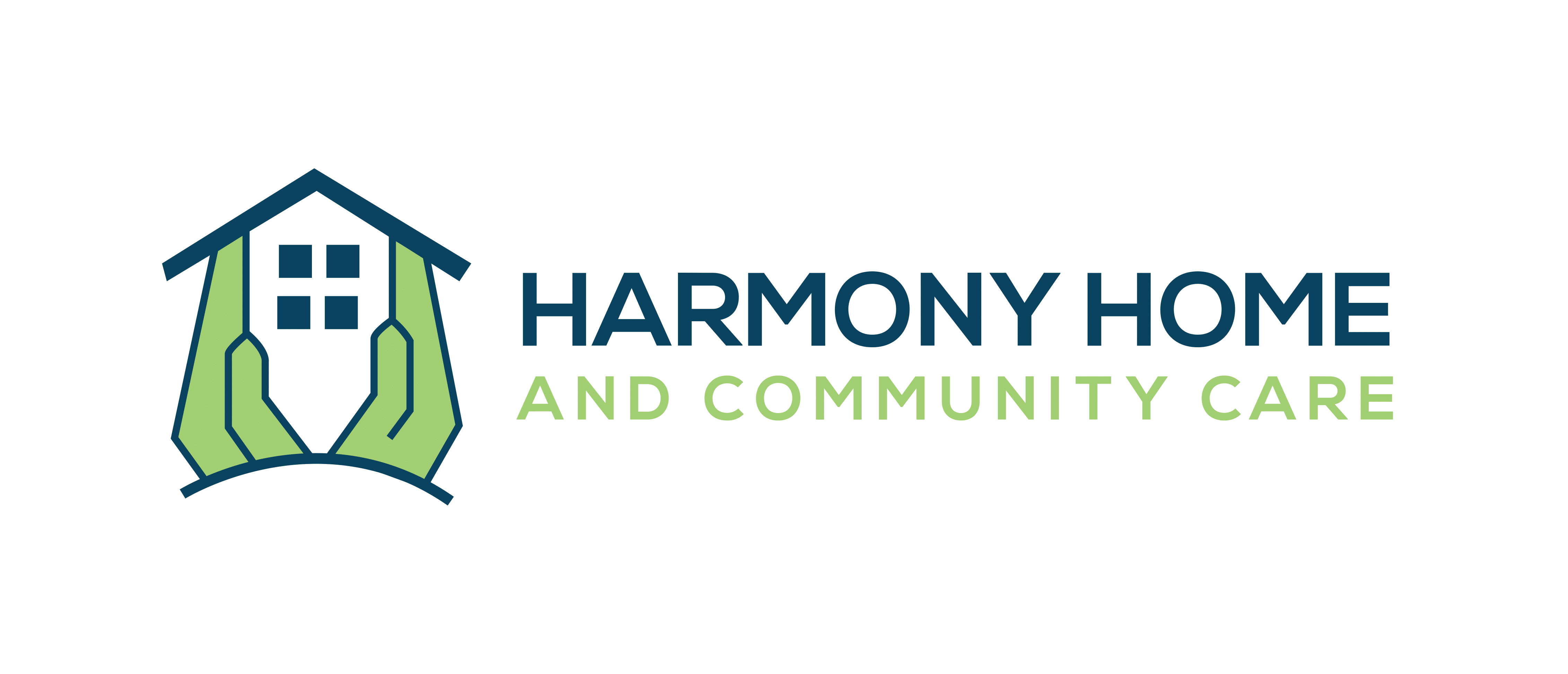hello@cre8tivebot.com.au
November 18, 2023
NDIS jobs in Melbourne

NDIS jobs and employment in Melbourne, Australia
The National Disability Insurance Scheme (NDIS) is a government initiative aimed at providing support and assistance to people with disabilities in Australia. With the NDIS rollout gaining momentum, there has been a surge in demand for NDIS jobs in Melbourne.
Melbourne has a thriving disability sector, with a range of employment opportunities available across a wide range of roles and professions. Here are some examples of NDIS jobs that you can find in Melbourne:
Support Workers:
Support workers are the backbone of the NDIS, working closely with people with disabilities to help them achieve their goals and lead fulfilling lives. They provide hands-on assistance with daily activities, such as personal care, household tasks, medication management, and transportation. Support workers also assist individuals in participating in social and recreational activities, fostering social inclusion and community engagement.
In Melbourne, there is a high demand for skilled support workers, with various positions available across the disability sector. Whether you have prior experience or are new to the field, there are entry-level and advanced roles that cater to different skills and qualifications.
To work as a support worker in the NDIS, you may need to meet certain criteria, which may include obtaining a Certificate III or IV in Disability Support or a related field. Additionally, employers often look for key qualities such as empathy, patience, excellent communication skills, and the ability to adapt to different situations. A genuine passion for helping others and making a positive impact on people’s lives is highly valued.
One of the advantages of working as a support worker in the NDIS is the flexibility it offers. Many positions allow for flexible working hours, which can accommodate a variety of lifestyles and personal commitments. Whether you prefer full-time, part-time, or casual work, there are options available to suit your needs.
Furthermore, the NDIS sector provides ample opportunities for career growth and development. Support workers can choose to specialize in specific areas, such as mental health, pediatric care, or complex needs, and undertake further training to advance their knowledge and skills. With ongoing professional development and experience, support workers can progress into supervisory or management roles within the disability sector.
To find NDIS support worker jobs in Melbourne, you can search on job portals, disability organizations’ websites, or reach out to NDIS service providers directly. Networking within the disability sector can also help you discover job opportunities that may not be advertised publicly.
Psychologists
Psychologists are an integral part of the multidisciplinary team in the NDIS, working alongside other healthcare professionals to provide comprehensive support to participants. Their primary responsibility is to assess, diagnose, and implement strategies to address mental health issues and promote positive psychological well-being among individuals with disabilities.

Recent Posts
Categories
NDIS Psychologists Jobs
In Melbourne, there is a significant demand for psychologists in the NDIS sector. The diversity and complexity of the disability population necessitate a skilled and specialized mental health workforce. Psychologists working in the NDIS provide clinical interventions to address issues such as anxiety, depression, trauma, behavioral difficulties, and social skills development. They collaborate with other professionals, such as occupational therapists, speech pathologists, and support workers, to develop comprehensive care plans tailored to the unique needs of each participant.
To work as a psychologist in the NDIS, specific qualifications and registrations are required. Psychologists must have appropriate tertiary qualifications in psychology, such as a Bachelor’s or Master’s degree, and be registered with the Australian Health Practitioner Regulation Agency (AHPRA). Additionally, specialized training or experience in clinical psychology or working with individuals with disabilities is highly desirable.
NDIS psychologist roles can be found in a variety of settings. They may work as part of an established mental health team in a hospital or community health center. Alternatively, psychologists can choose to work in private practice, providing individual therapy, assessments, and specialized interventions to NDIS participants.
One notable aspect of psychologist jobs in the NDIS is the emphasis on person-centered care. Psychologists strive to understand the unique needs and circumstances of each participant, tailoring their interventions and support accordingly. This approach fosters a collaborative relationship between the psychologist and the participant, empowering them to actively engage in their mental health journey.
To find psychologist jobs in the NDIS in Melbourne, one can explore job portals, network with other mental health professionals, or connect with NDIS service providers directly. Additionally, keeping an eye on professional psychology association websites and publications may present job opportunities within the NDIS sector.
Occupational therapists
Occupational therapists in the NDIS help individuals with disabilities to develop the skills and strategies they need to engage in meaningful activities, known as occupations. These occupations can include self-care tasks, such as dressing and bathing, productivity activities like work or education, and leisure activities for personal enjoyment and social interaction. Occupational therapists assess each participant’s unique needs and work collaboratively with them to develop personalized goals and intervention plans.
The demand for occupational therapists in the NDIS in Melbourne is high, given the diverse and complex needs of individuals with disabilities. Occupational therapists in the NDIS may work with individuals of all ages and disabilities, including physical, intellectual, or developmental disabilities. They provide a range of services, such as assessments, therapeutic interventions, equipment prescription, and environmental modifications, to enhance participants’ independence and overall well-being.
To work as an occupational therapist in the NDIS, specific qualifications and registrations are required. Occupational therapists must have completed a Bachelor’s or Master’s degree in Occupational Therapy and be registered with the Australian Health Practitioner Regulation Agency (AHPRA). Additionally, experience or specialized training in working with individuals with disabilities is highly valued.
NDIS occupational therapist roles can be found in a variety of settings, including hospitals, community health centers, private practices, and NDIS service provider organizations. These roles may involve working with individuals in clinical settings, their homes, or community-based environments. The flexibility and diversity of occupational therapy settings in the NDIS allow therapists to adapt their interventions and support to meet the unique needs of each participant.
To find occupational therapy jobs in the NDIS in Melbourne, one can explore job portals, network with other healthcare professionals, and reach out to NDIS service providers. Additionally, monitoring professional occupational therapy association websites and publications may uncover job opportunities within the NDIS sector.
- Speech Pathologist
Speech pathologists in the NDIS help individuals with disabilities enhance their communication skills, enabling them to participate more fully in everyday life. They assess and treat a range of communication disorders, including speech sound disorders, language delays or disorders, fluency disorders (such as stuttering), social communication difficulties, and swallowing disorders (known as dysphagia). The goal is to improve functional communication, social interactions, and overall quality of life for participants.
The demand for speech pathologists in the NDIS in Melbourne is significant, given the prevalence of communication and swallowing disorders within the disability population. Speech pathologists work with individuals of all ages and disabilities, including those with developmental, acquired, or congenital conditions. They provide comprehensive assessments, individualized therapy sessions, and collaborate with families, carers, and other professionals to develop effective support strategies.
To work as a speech pathologist in the NDIS, specific qualifications and registrations are required. Speech pathologists must hold a Bachelor’s or Master’s degree in Speech Pathology and be registered with the Speech Pathology Board of Australia. Additional certifications or specialized training in specific areas, such as augmentative and alternative communication (AAC) or feeding and swallowing disorders, can enhance job prospects in the NDIS sector.
NDIS speech pathologist roles can be found in a range of settings, including hospitals, community health centers, schools, early intervention centers, and private practices. Speech pathologists may work directly with participants in one-on-one therapy sessions, group therapy, or through telepractice, depending on the participant’s needs and preferences. They also contribute to the development of communication and swallowing goals and strategies within participants’ individualized NDIS plans.
To find speech pathology jobs in the NDIS in Melbourne, one can explore job portals, network with other speech pathologists and healthcare professionals, and connect with NDIS service providers. Professional speech pathology associations and their websites can also provide information about job opportunities in the NDIS sector.
Disability care:
As part of the NDIS, disability care coordinators work diligently to coordinate and facilitate a person-centered approach to care, empowering individuals with disabilities to live fulfilling lives.
Disability care coordinators conduct comprehensive assessments of participants’ needs, capabilities, and goals. They work closely with individuals and their families to develop personalized care plans, outlining the necessary supports and services.
NDIS applications, funding, and service approvals can be complex and challenging to navigate. Disability care coordinators provide guidance and support to participants, assisting them in understanding the NDIS process, accessing appropriate funding, and identifying suitable service providers.
Case managers
Case managers are responsible for coordinating and managing the overall care and support plans of NDIS participants. They work collaboratively with participants, their families, and other service providers to ensure that the goals and needs outlined in the NDIS plan are met. Case managers act as a central point of contact, facilitating communication and coordinating services to create a holistic support system for individuals with disabilities. Their role involves regular assessment, monitoring, and adjustments to the support plans to ensure that participants receive the best possible care.
Support Coordinators
Support coordinators bridge the gap between NDIS participants and the services available to them. They assist participants in navigating the NDIS system, accessing appropriate supports, and implementing their NDIS plans. Support coordinators have a strong understanding of available services, funding options, and community resources. They liaise with service providers, advocate for participants, and ensure that all necessary supports are in place. Support coordinators play a vital role in empowering participants to make informed decisions about their care and support needs.
Administration and Management
Beyond direct care roles, the NDIS has generated an increased demand for administrative and management positions. These roles ensure the smooth operation, coordination, and compliance of disability service organizations. Responsibilities may include managing financial aspects of NDIS plans, maintaining records, processing claims, and ensuring adherence to NDIS guidelines and standards. Additionally, these roles contribute to strategic planning, team management, and fostering a positive work environment within disability service providers.
Training and Education
Another vital aspect of NDIS jobs in Melbourne is training and education. Disability service organizations and training institutions offer a range of programs, workshops, and courses to equip individuals with the necessary skills and knowledge in the disability sector. These programs range from disability support worker certifications to specialized training for allied health professionals. Training and education not only help individuals acquire the required qualifications but also enhance their understanding of disability rights, inclusive practices, and person-centered care.
In conclusion, the NDIS has opened up numerous job opportunities in Melbourne’s disability sector. From support workers providing direct care to case managers ensuring comprehensive support plans, support coordinators guiding participants through the NDIS system, allied health professionals improving participants’ well-being, administrative and management roles maintaining the integrity of services, and training and education programs, there is a diverse range of options to contribute to the disability sector. These jobs allow individuals to make a meaningful impact on the lives of those with disabilities, fostering inclusivity, empowerment, and independence.


